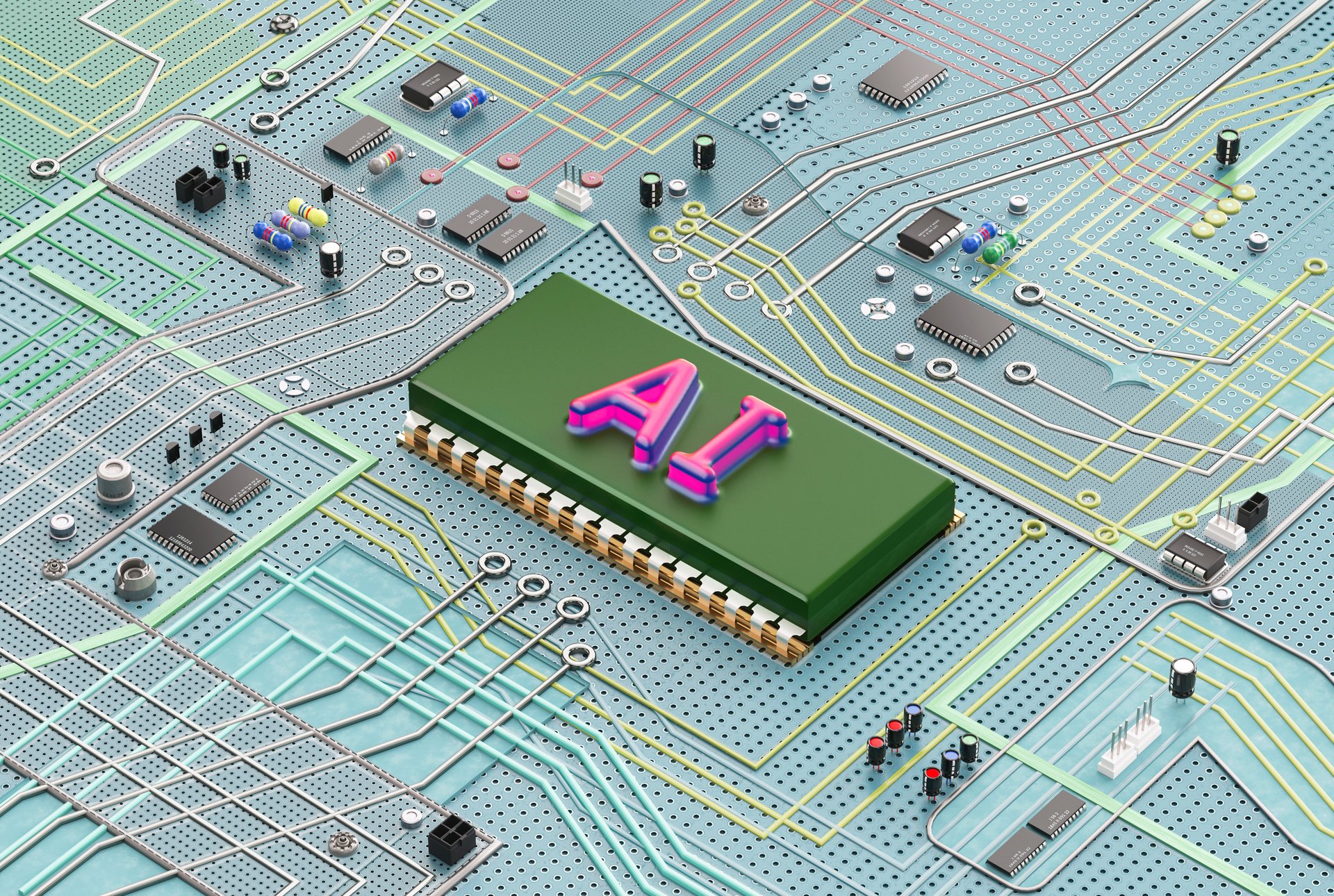Here's what Wall Street is saying about chips amid tech's big earnings week
Intel missed revenue expectations, while Advanced Micro Devices beat Wall Street's estimates

Microsoft, Meta, and Apple were among the tech giants that reported earnings this week — and all eyes were on artificial intelligence spending.
Suggested Reading
While Microsoft shares fell due to missing revenue expectations for its AI sales and worries over its AI expenses, investors were reassured by Meta’s lower-than-expected AI costs. Meanwhile, shares of Amazon slid after its retail division missed revenue expectations, but the company’s cloud-computing unit, Amazon Web Services, reported $26.3 billion in revenue for the second quarter — up 19% year-over-year and beating analyst estimates. And while Apple beat expectations, Wall Street is more interested in its AI strategy that was announced in June at its Worldwide Developers Conference.
Related Content
Despite some losses and misses, Big Tech is continuing to go all-in on AI, and some of its chip partners that also reported earnings this week are part of the buzz on Wall Street.
Here’s what Wall Street is saying about chips amid tech’s big earnings week.
Intel
Intel’s shares slid during mid-day trading Friday after it missed revenue expectations in its second-quarter earnings and announced layoffs. The company’s missed profit expectations were partly due to its decision to “more quickly ramp” its Core Ultra artificial intelligence CPUs, or core processing units, that can handle AI applications, Intel chief executive Pat Gelsinger said on the company’s earnings call.
The chipmaker’s weaker-than-expected guidance for its third quarter versus strong guidance from its rival, Advanced Micro Devices (AMD), suggests its share of the server market will decline, Jeffries analysts said in a note. They added they “still have serious doubts” the company will have the ability to “successfully ramp” its 18A CPUs “with reasonable yields,” while its other chips haven’t received positive feedback.
Bank of America research analyst Vivek Arya reduced the firm’s forecast for Intel due to its weak guidance, and said its IDM (integrated device manufacturing) structure is not equipped to compete against rivals including Nvidia, AMD, and Taiwan Semiconductor Manufacturing Company (TSMC), according to a Bank of America Global Research report.
Intel’s “[l]ack of competitive AI accelerators continues to reduce relevance to critical cloud customers,” Arya said.
Advanced Micro Devices (AMD)
AMD beat analysts’ expectations for the second quarter, reporting revenues of $5.8 billion. It also set third-quarter guidance above expectations at $6.7 billion, plus or minus $300 million.
Bank of America’s Arya said the firm’s forecast of 12% year-over-year growth for AMD “makes it a top 5 growth company in semis” for 2025. Arya added that AMD was able to deliver on its promise to expand its MI300 series accelerators “[d]espite frequent supply chain and media noise.”
Arm
U.K.-based chip design firm Arm beat analysts’ expectations for the first quarter of its fiscal year 2025, but saw its shares fall after issuing lighter guidance for the second quarter.
“Arm has been consistently beating market expectations on licensing as the industry continues to expand the rate at which it is designing new chips to cater to AI-related demand, both in the cloud and at the edge,” Jeffries analyst said in a note. They added that the firm is “not seeing any slowdown in licensing activity,” and expects its licensing to grow at a rate above expectations.
Meanwhile, Bank of America kept its Buy rating for Arm, with Arya saying the chip designer “is uniquely exposed to some of the most important megatrends in semis,” such as growing desire from its top cloud customers to design their own custom chips.
